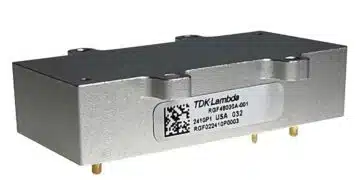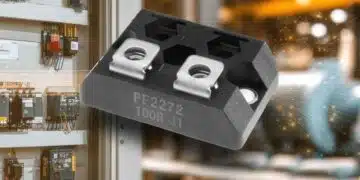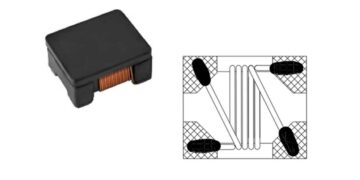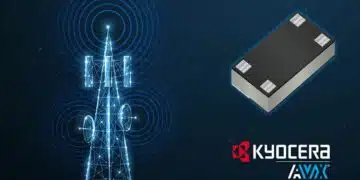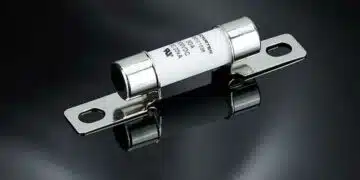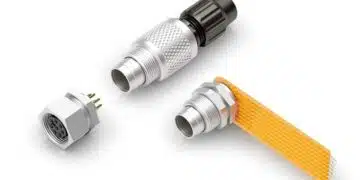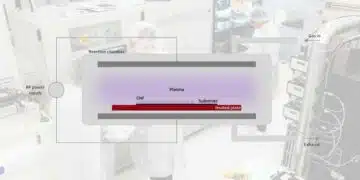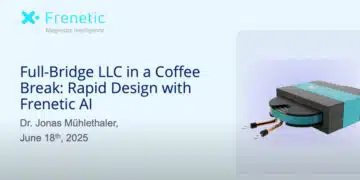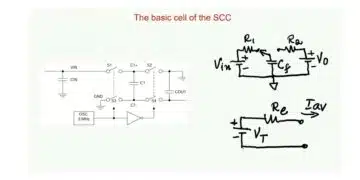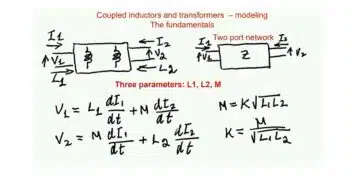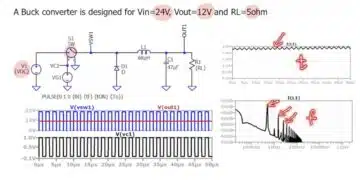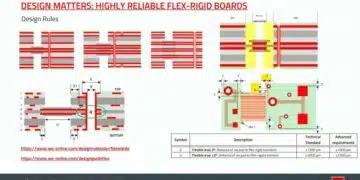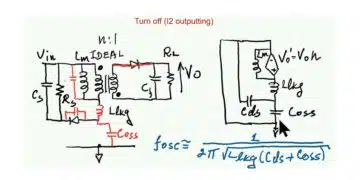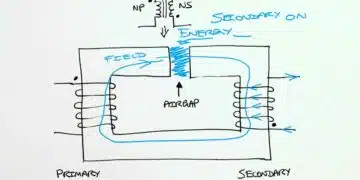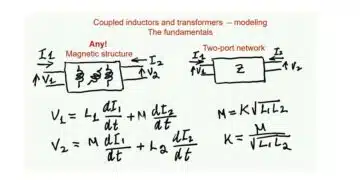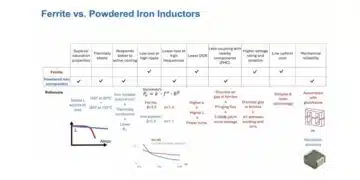Source: Newswire news
LEGAL NOTICE AUTHORIZED BY THE ONTARIO SUPERIOR COURT OF JUSTICE, THE SUPREME COURT OF BRITISH COLUMBIA AND THE SUPERIOR COURT OF QUÉBEC IN RESPECT TO ELECTROLYTIC CAPACITOR CLASS ACTIONS.
LONDON, ON, Aug. 22, 2018 /CNW/ – Did you purchase electrolytic capacitors or an electronic device containing an electrolytic capacitor between September 1, 1997 and December 31, 2014 in Canada? If so, your legal rights could be affected.
WHAT ARE THE CLASS ACTIONS ABOUT?
An “electrolytic capacitor” is an electronic component used in an electrical circuit in order to store a charge. Electrolytic capacitors are found in electronics like smartphones, gaming consoles, home appliances and televisions, among other products.
Class proceedings have been initiated in Canada, on behalf of Canadians who purchased electrolytic capacitors or products containing electrolytic capacitors between September 1, 1997 and December 31, 2014 (the “Settlement Class Members”). Among other allegations, the proceedings allege that the defendants participated in an unlawful conspiracy to fix, raise, maintain, increase, or control the price for electrolytic capacitors in Canada (the “Class Actions”).
ELECTROLYTIC CAPACITOR SETTLEMENT
A Settlement Agreement has been reached with the defendants NEC TOKIN Corporation and NEC TOKIN America Inc. (collectively “TOKIN”).
The TOKIN defendants are the first to enter into a settlement for these Class Actions. The Class Actions will continue against over 30 other named defendants. During the Class Period, TOKIN had a small share of the global electrolytic capacitors market in the range of 3-6%.
TOKIN has agreed to pay CAD $2,900,000 for the benefit of Settlement Class Members and to provide meaningful early co-operation to the plaintiffs in pursuing their claims against the non-settling defendants. In exchange, TOKIN will be provided with a full release of the claims against them in relation to the Class Actions. The settlement, which was negotiated over more than a year, is not an admission of liability, fault, or wrongdoing, but is a compromise of disputed claims.
SETTLEMENT APPROVAL HEARINGS
The settlement must be approved by the courts before it becomes effective. Hearings are to take place at the Ontario Superior Court of Justice on November 5, 2018 at 10 am, at 80 Dundas Street, London, Ontario, at the Superior Court of Québec on December 3, 2018 at 9:30am am, at 1, rue Notre-Dame Est, Montréal, Québec, and at the Supreme Court of British Columbia on a date and time to be determined by the court [which will be posted at elec.capacitorclassaction.ca, once determined] at 800 Smithe Street, Vancouver, British Columbia.
DISTRIBUTION OF SETTLEMENT FUNDS
The settlement amount, minus class counsel fees, disbursements and applicable taxes, will be held in an interest-bearing trust account for the benefit of the Settlement Class Members in the Class Actions (the “Settlement Funds”).
The Settlement Funds will not be distributed to Settlement Class Members at this time. The continuing litigation may or may not result in further settlements or judgments. If there is a further recovery, it will be added to the Settlement Funds and an efficient distribution to Settlement Class Members will be made at an appropriate time. The courts will approve the distribution process. A further notice will be provided at the time of distribution.
SETTLEMENT APPROVAL AND COUNSEL FEES
At the Settlement Approval Hearings, the courts will determine whether the settlement is fair, reasonable, and in the best interests of Settlement Class Members. Class counsel will be requesting court approval of fees of 25 percent of the settlement amounts plus disbursements and applicable taxes. If approved, this amount will be paid to the lawyers out of the Settlement Funds.
If you do not oppose the proposed settlement agreement, you do not need to appear at the hearings or take any other action at this time.
If you wish to comment on or object to the settlement agreement, you must deliver a written submission to one of the law firms listed below by October 24, 2018 at the latest. The lawyers will forward any submissions to the appropriate court. If you have any questions about the settlement agreement, you are encouraged to contact one of the law firms listed below, who will respond to your questions.
OPTING OUT OF THE PROCEEDINGS
Settlement Class Members have the right to exclude themselves from the Class Actions (“opt-out”).
If you opt-out, you will not be eligible to participate in, or receive money from, the ongoing Class Actions, but you will be able to start or continue your own case regarding the claims at issue.
If you do nothing, you will be eligible to participate in, and may receive money from, the ongoing Class Action, but you will not be able to start or continue your own case regarding the claims at issue.
If you do not want to be a class member in the Class Actions, your opt-out must be received by October 24, 2018 at the latest. To opt-out, please visit elec.capacitorclassaction.ca or contact: RicePoint Administration Inc. ([email protected] or 1-877-336-5240).
If the settlement is approved, you will not have another opportunity to opt-out of the Class Actions in the future. The certification/authorization order and the associated opt-out process are only valid if the settlement is approved. If the settlement is not approved or if it otherwise fails to take effect, the certification/authorization order will not stand and any opt-out notice submitted by any person will be set aside, and the litigation will continue against TOKIN. If a certification/authorization order is granted by the court in the future, an opt-out process will take place at that time.


